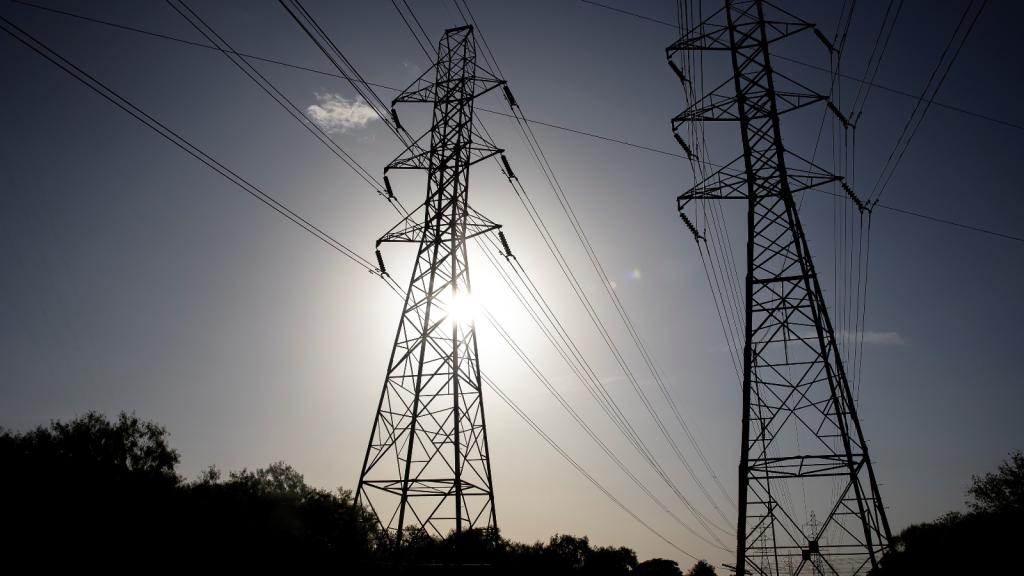Guyanese citizens have filed a constitutional case that pushes back on industry giant ExxonMobil’s plans to boost fossil fuel production off the country’s coast — charging that the expansion violates citizens’ constitutional rights to a healthy environment and the rights of future generations.
The case, filed by University of Guyana scientist Troy Thomas and Indigenous youth Quadad de Freitas, is the first in the Caribbean to challenge fossil fuel extraction on constitutional grounds. The case argues that Guyana’s approval of Exxon’s oil and gas buildout along the coast infringes on the country’s commitment to its people.
“This case really highlights the incompatibility of approving new oil and gas development, which inevitably leads to increased emissions, with protection of a healthy environment and the rights of future generations,” said Nikki Reisch, the director of the climate and energy program at the Center for International Environmental Law. This isn’t the first time that Guyana’s expansion of oil and gas production has raised eyebrows — last year, the United Nations Human Rights Committee asked authorities to address concerns that the expansion would negatively impact human rights.
Guyana is a rainforest-dense country nestled between Venezuela and Brazil, and home to Exxon’s largest oil development outside of the Permian Basin in New Mexico and Texas. The company turned its eyes to Guyana as a new oil frontier in 2015, signing a contract with the country a year later. It began oil production in 2019. Exxon estimates that its wells off the coast have the potential to produce a total 9 billion barrels of oil and anticipates that by 2025, it will be extracting 750,000 barrels of oil per day from the region.
“Guyana’s petroleum production is a potential 3.87 gigatonne carbon bomb,” Melinda Janki, who leads the legal team for the applicants, said in a statement, “putting Guyana at the forefront of the fight to save the planet from oil and gas.”
Much of Guyana’s coast sits below sea level, making its population particularly vulnerable to climate change impacts such as flooding, hurricanes, and rising seas. For that reason alone, further investment in oil and gas production by Guyana doesn’t make sense, environmentalists argue. However, it is also financially risky for the country, Reisch said. As nations around the globe work to decarbonize their economies, the oil and gas industry faces inevitable losses, she said, pointing to last week’s report by the International Energy Agency warning that the world must halt all new oil and gas project approvals to keep global warming below 1.5 degrees Celsius compared to pre-industrial levels. That decline could be devastating for Guyana, whose contract with oil and gas companies dictates that it must shoulder the majority of the upfront exploration and development costs.
Reisch points to a report published last year by the Institute for Energy Economics and Financial Analysis predicting that by 2025, Guyana will owe $20 billion in development costs to oil companies and become financially reliant upon Exxon. Whether you look at the situation from a financial or environmental perspective, Reisch said, it’s just not sustainable.
“It’s really about the risks of tethering a country’s economy, revenues, and fiscal hopes to a product in a market that is in long-term, structural decline,” she said. “It’s under a deal, the terms of which are very unfavorable for the country itself.”



